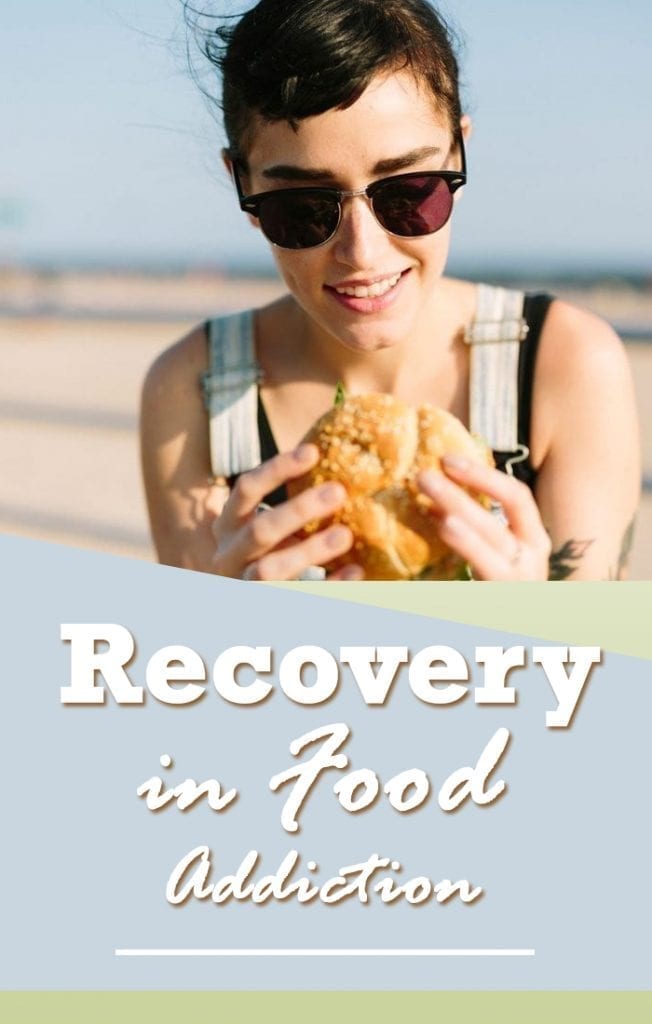


Research suggests that identification of and treatment for compulsive overeating and other eating disorders may be caught in advance if practitioners and MDs more regularly asked patients about their food consumption patterns. Perhaps you are not ready to attend a public support group right away or it’s difficult for you to bring up the issue with your doctor. If you have no insurance, the hotline may refer you to state-funded programs or programs that take Medicaid and Medicare, or those that offer a sliding scale.Ī food addiction hotline may serve as a safe, confidential, non-judgmental outlet for someone who is otherwise reluctant to ask for help or talk about their problem. Trained hotline support specialists may ask for basic demographic information to find appropriate treatment in your area.Īddiction helplines also provide information about various treatment centers, such as the clinical therapies offered, the cost, and admissions criteria. Some rehabs are dual diagnosis facilities, which treat behavioral health issues alongside substance abuse disorders. Support specialists answer when you call a reputable addiction helpline and can assist you in finding community-based support, mental health facilities, inpatient or outpatient treatment, and other eating disorder or behavioral addiction rehab programs.
FOOD ADDICTS ANONYMOUS PHONE MEETINGS FREE
Phone lines are most often available in English and Spanish, and callers can request free pamphlets, publications, and other information. Compulsive overeating can lead to significant health issues, such as: 1Īddiction helplines are confidential, free, usually open 24/7/365, and are available to individuals and family and friends of loved ones struggling with a food addiction. If you think you have a food addiction, it’s important to get help right away. Read More How Does a Hotline Help?Īddiction helplines are not just for times of crisis-they can answer questions related to mental health issues, provide information and guidance, and help you locate an appropriate treatment center if you need one. Although many patients with food addiction are successfully treated on an outpatient basis, for others, residential treatment is preferable. Different kinds of treatment facilities offer specialized and current treatment options for food addictions and other eating disorders.


 0 kommentar(er)
0 kommentar(er)
